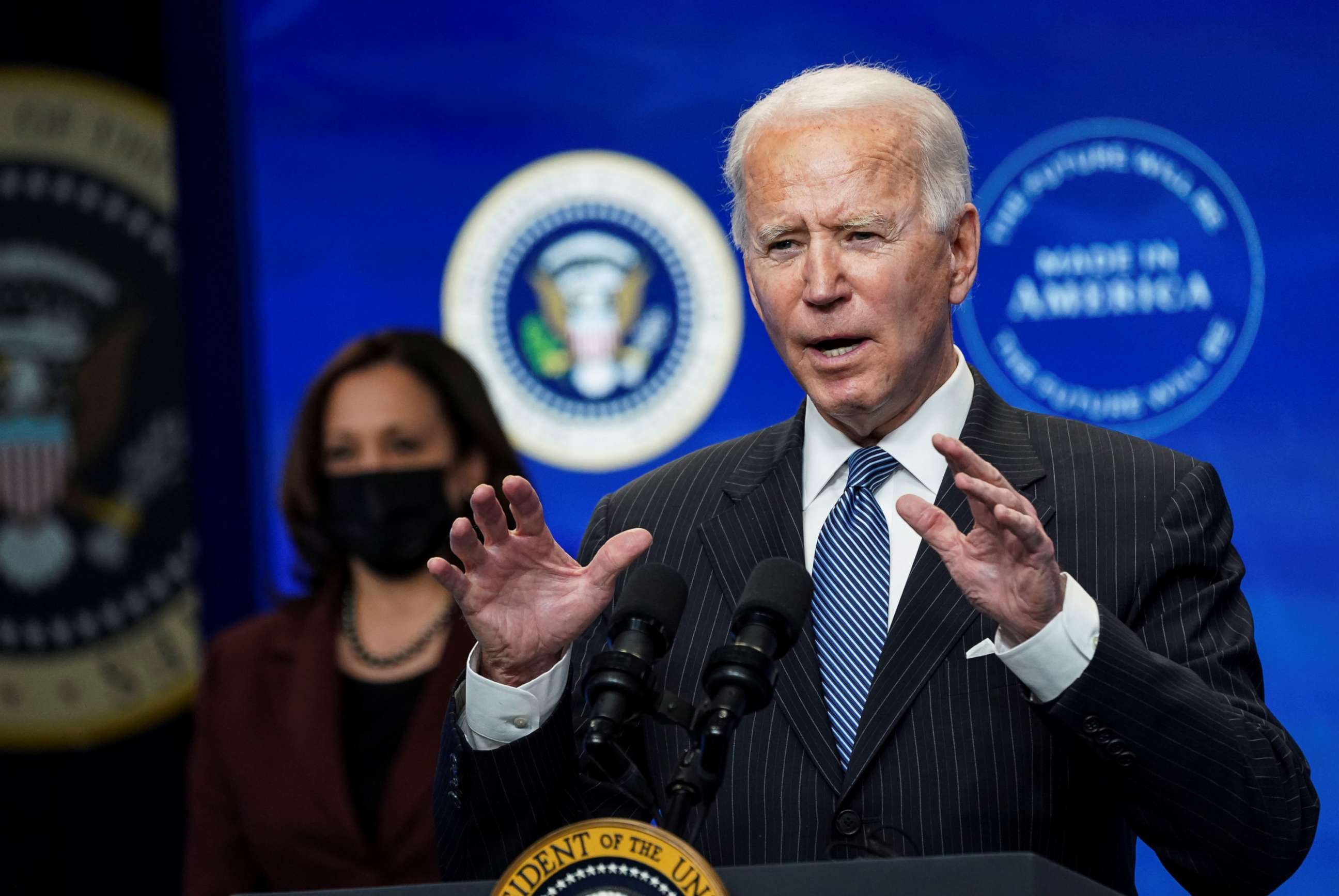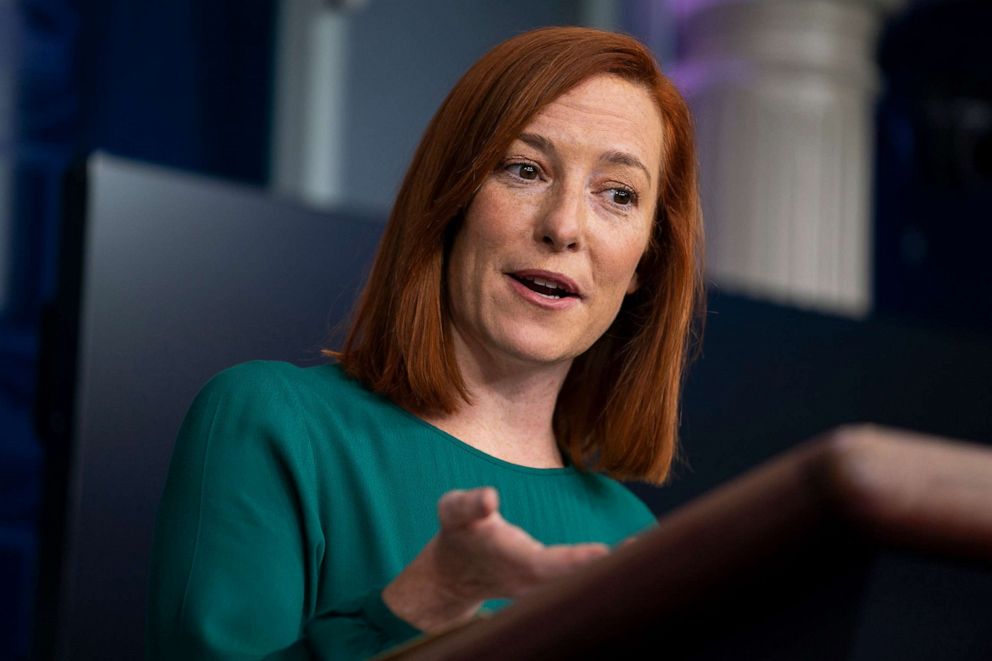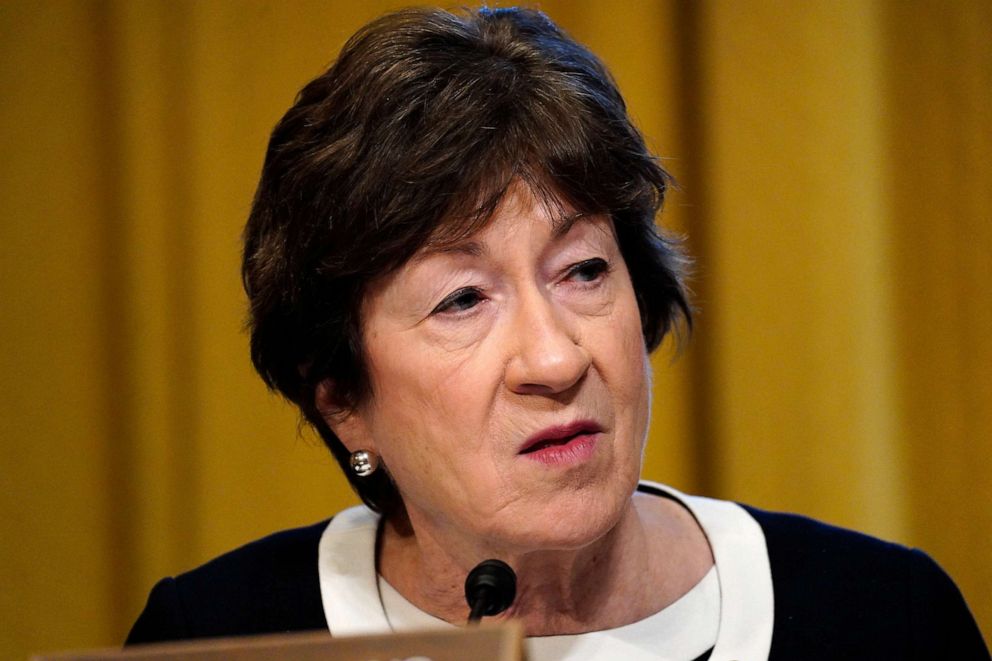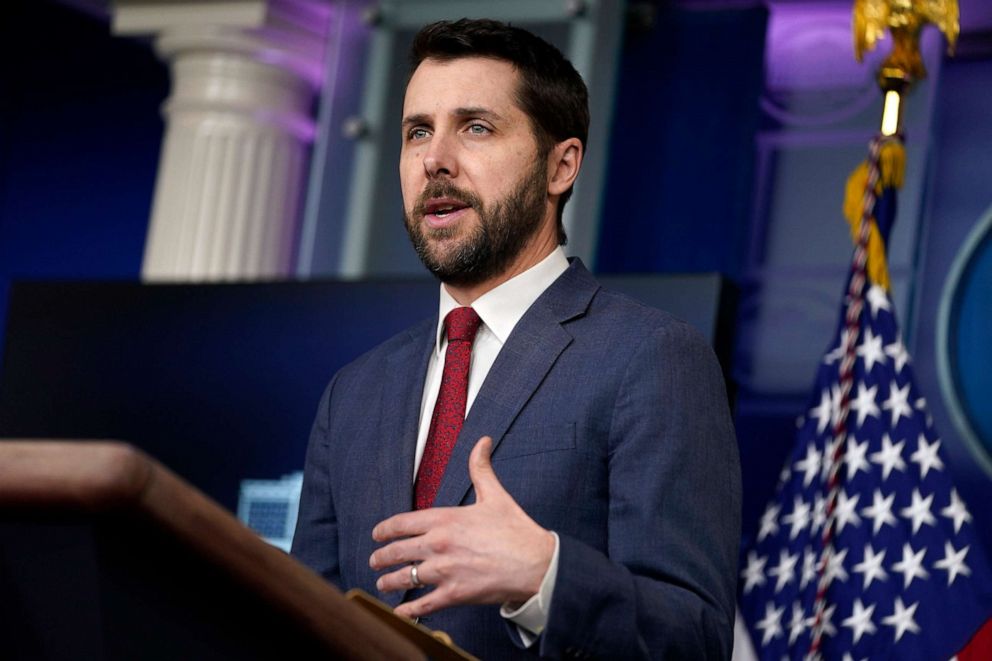Biden's COVID relief package presents 1st test of his deal-making skills
He's facing pressure from both Republicans and some of his fellow Democrats.
President Joe Biden's embrace of bipartisanship has already faced its first test amid a tepid response from Republicans to his coronavirus relief proposals and the start of his predecessor's impeachment trial.
Several moderate Republican and Democratic senators -- whose votes would be essential for passage of a massive spending package -- in recent days expressed concerns about the COVID-19 package's large price tag. The president's ability to sway them will show whether he can translate his decades of experience on Capitol Hill to his perch atop the executive branch.
Asked about the ongoing negotiations, Biden on Monday pointed to his long career in Washington as proof that he can get a deal done, but said that this process is "just beginning" and that it’ll likely be another "couple of weeks" before a deal is reached.
"I don't expect we'll know whether we have an agreement and to what extent the entire package will be able to pass or not pass until we get right down to the very end of this process, which will be probably in a couple of weeks," he said. "Time is of the essence. Time is of the essence. And I must tell you, I'm reluctant to cherry-pick and take out one or two items here, and then have to go through it again because these all are kind of -- they, they go sort of hand in glove, each of these issues."
The White House has made clear Biden's preference is to achieve GOP support for his $1.9 relief package, which includes $1,400 direct payments to most Americans and would require the backing of at least 10 Republicans to pass the Senate.
Senior Biden administration officials on Sunday spoke with a bipartisan group of 16 senators as well as members of the House Problem Solvers Caucus, which consists of Democrats and Republicans in the House who had in the past played a role in bridging gaps on coronavirus legislation.
Several senators on the call expressed concern about the hefty cost and encouraged the White House to consider making the relief in the bill -- such as direct payments to Americans -- more targeted to focus on people most in need, according to a person familiar with the call. Biden's top economic adviser, Brian Deese, legislative affairs director, Louisa Terrell, and coronavirus coordinator, Jeffrey Zeints, participated, the person said.

Republicans in particular have balked at the high price, after Congress passed a $900 billion aid package last month, and earlier last year approved trillions of dollars worth of other coronavirus stimulus and relief.
"It's hard for me to see, when we just passed $900 billion worth of assistance, why we would have a package that big," Sen. Susan Collins, a moderate Republican from Maine, said Friday.
The group on Sunday's 75-minute call agreed that vaccine production and distribution was the most pressing need at the moment, according to the person familiar with the call.
They raised questions about whether Biden, if he was serious about a bipartisan package, would consider slimming down the proposal and focusing it on vaccines and more targeted relief to get it through the Senate, the person said.
A White House official said "it was a productive, constructive discussion that was an opportunity to go into more detail."

Asked on Monday when Biden himself might get involved, White House press secretary Jen Psaki said: "He's been engaging with Democrats and Republicans. We are not going to read out all those calls because those are private conversations. We feel that's the most effective way to get this moving forward."
"He puts his policy forward, his vision forward, and Democrats and Republicans can engage and give their input and feedback on what they think will work and how to move this package forward," she said. "In our view, this is working exactly as it should work."
On the left, Democrats want Biden to move quickly to provide relief to millions of Americans suffering from the pandemic after, they believe, the Trump administration moved too slowly.

Abandoning some of the liberal agenda items such as a $15 minimum wage Biden proposed could cost the president some Democratic votes in the House, which Democrats control by a relatively slim margin.
Biden could choose to try to pass his bill through a process known as "budget reconciliation," which would only require a simple majority of senators.
But playing hardball could prove tricky for him and Senate Majority Leader Chuck Schumer, since they would need every Democratic senator's vote in the evenly split Senate.
Sen. Joe Manchin, D-W. Va., told The Washington Post on Friday that he would prefer to prioritize getting Americans vaccinated rather than sending them payments.
"If they can direct money and they say, 'This will help stimulate the economy,' hell yeah I’m for it," Manchin said. “But basically right now, you better get them vaccinated.”
On the campaign trail, Biden touted his 36 years in the Senate as a strength that, he said, would allow him to break through bipartisan gridlock in Washington.
He has spoken of his personal relationship with the senior-most Republican in the Senate, Minority Leader Mitch McConnell, and knows many of the moderate Republicans and Democrats who could create problems for his COVID-19 relief package.
But narrow majorities in the Senate and House have already given Biden less room to maneuver as individual members gain outsized influence and the ability to block legislation.

Passage of his COVID-19 relief package is not the only complication Biden has had to deal with on the Hill since he took the oath of office last week.
On Monday evening, the House transmitted the article of impeachment of President Donald Trump to the Senate, kicking off a potentially weeks-long trial.
How the Senate chooses to divide its time in the weeks ahead -- between the trial, coronavirus relief negotiations and considering Biden's Cabinet nominees, among other business -- could impact how successful Biden is at finding legislative success in the early days of his presidency.
ABC News' Sarah Kolinovsky contributed to this report.




